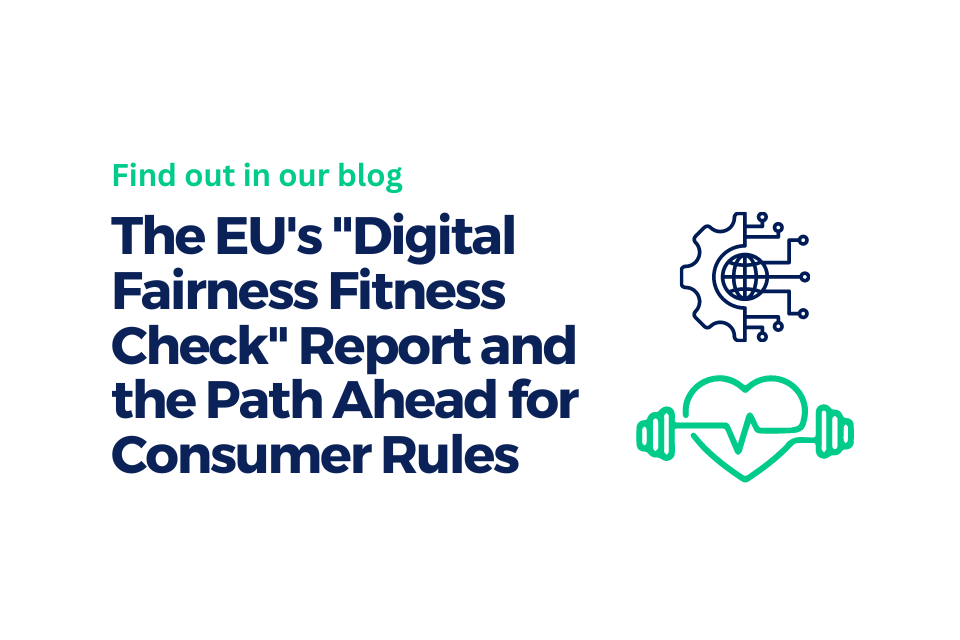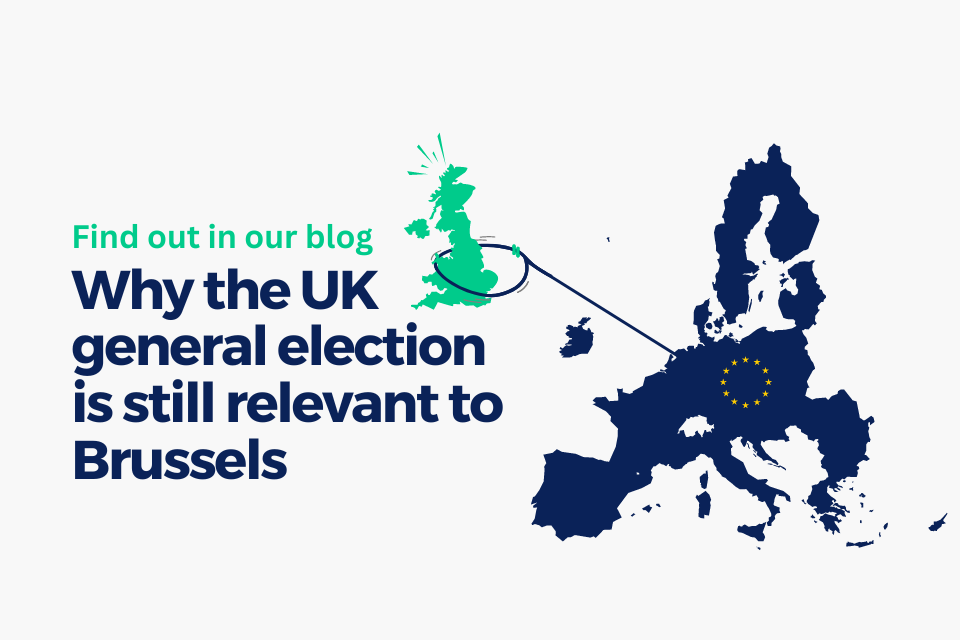The EU’s “Digital Fairness Fitness Check” Report and the Path Ahead for Consumer Rules

30-Second Summary
The European Commission’s newly released “Digital Fairness Fitness Check” report casts a critical eye on whether current EU consumer protection laws are up to the task in today’s digital age. While foundational directives like the Unfair Commercial Practices, Consumer Rights, and Unfair Contract Terms remain relevant, their impact is often undermined by weak enforcement and inconsistent application across member states. Crucially, these laws do not currently address emerging online challenges—such as dark patterns, addictive design features, targeted advertising, influencer marketing, and tricky subscription models. In response, the Commission is gearing up for updates to existing laws and the likely introduction of a new “Digital Fairness Act” to bridge these gaps and enhance consumer protection in the digital realm.
Key Issues Identified in the Report
Dark Patterns
- What does this mean? Dark patterns are manipulative online designs that nudge consumers into choices they might not otherwise make. Examples include misleading buttons, countdown timers to create a false sense of urgency, and hiding opt-out options.
- Why is it in focus? Consumers often feel misled or trapped, leading to unintended purchases.
- What next steps are being taken? The key priority for the Commission will likely involve revising the Unfair Commercial Practices Directive’s (UCPD) “blacklist” of unfair practices to specifically address dark patterns. In parallel, new legislation could require platforms and apps to implement specific changes to their interface designs, targeting and eliminating the use of manipulative design tactics.
Addictive Design Features
- What does this mean? Addictive design features include elements like autoplay, infinite scrolling, and gamification that keep users hooked on digital services longer than they intend, particularly on social media and gaming platforms.
- Why is it in focus? These designs raise concerns about mental health impacts and time loss, especially among younger audiences.
- What steps are being taken? These practices fall in a regulatory grey zone, with no specific rules applying to them. However, there are growing concerns about their mental health impacts and time loss, especially with young users. This aspect is likely to be addressed in the EU-wide inquiry in the broader impact of social media. A new law (most likely the “Digital Fairness Act”) proposed by the Commission will likely include provisions to limit or ban these “addictive” design features, particularly where they exploit vulnerable consumers or encourage excessive spending.
Targeted Advertising
- What does this mean? Targeted Advertising involves using personal data to deliver highly personalised ads, which may exploit consumer vulnerabilities.
- Why is it in focus? An individual facing financial challenges may receive targeted advertisements that exploit these struggles.
- What steps are being taken? The Commission is likely to propose guidelines restricting targeted ads, tightening data collection rules, and protecting consumers from exploitative practices.
Cancellation of Digital Subscriptions
- What does this mean? Cancellation of digital subscriptions is the often complex process that consumers must complete in order to terminate a subscription.
- Why is it in focus? Many platforms make unsubscribing challenging, with hidden cancellation options and automatic renewals.
- What steps are being taken? Future amendments to the Consumer Rights Directive (CRD) from the Commission are likely to focus on simplifying subscription cancellation processes, ensuring they are as easy as signing up.
Social Media Influencers
- What does this mean? Social Media Influencers are popular personalities. They are individuals who often promote products or services and wield substantial influence over consumer behaviour, particularly among younger audiences.
- Why is it in focus? Without clear disclosure of commercial partnerships, consumers, who trust influencers, may be misled into thinking recommendations are genuine unbiased opinions.
- What steps are being taken? The Commission is expected to enforce stricter transparency rules for influencer marketing, likely through updates to the UCPD, to protect consumers from undisclosed commercial promotions. The Audiovisual Media Services Directive (AVMSD) may introduce new content requirements for influencers during its post-evaluation, expected by 19 December 2026. The upcoming “Digital Fairness Act” will also aim to regulate influencers as one of its pillars.
Personalisation
- What does this mean? Personalisation refers to the use of consumer data to tailor content, ads, and product recommendations.
- Why is it in focus? Platforms that push personalised recommendations can sway consumers towards expensive or unnecessary purchases.
- What steps are being taken? New guidelines from the Commission are likely to establish fair standards, ensuring personalisation practices remain transparent and do not exploit consumers.
So, What’s Next?
Changes to existing rules? Yes, particularly for issues like targeted ads, subscriptions, and personalisation. These revisions aim to simplify and enforce clearer standards while ensuring that consumer protection keeps pace with technological developments.
New legislation? Yes. A Digital Fairness Act (DFA) is likely to be introduced, targeting manipulative online practices like dark patterns, addictive design, and influencer marketing, especially when they exploit consumer vulnerabilities.
The Digital Fairness Act could complement existing frameworks, such as the Digital Services Act (DSA) and Digital Markets Act (DMA) by focusing explicitly on consumer manipulation and unethical business models online. The DFA could:
- Define and prohibit dark patterns, mandating online interfaces to prioritise fairness and transparency.
- Limit addictive designs in apps and social media platforms, especially for young users.
- Restrict targeted advertising that uses personal data in exploitative ways.
- Enforce transparency in influencer marketing, ensuring that all commercial endorsements are clearly disclosed.
- Set standards for AI-driven personalisation, ensuring recommendations are transparent and not solely profit-driven.
Timeline
- Q1 2025: Launch of the Public Consultation
- Q4 2025: Publication of the impact assessment
- Q1 2026: Publication of the DFA’s proposal
Want to Find Out More?
Acumen Public Affairs closely monitors the developments surrounding the Digital Fairness Fitness Check and the possible introduction of a Digital Fairness Act. Our tech team will continue to analyse the implications for businesses and consumers, providing insights into how these new regulations might reshape the digital landscape. As always, we are here to guide stakeholders through the evolving regulatory environment, ensuring compliance and helping them leverage digital innovation responsibly.
If you want to uncover more on this topic, check out our in-depth analysis, here.
Or contact our tech team at: tech@acumenpa.com


